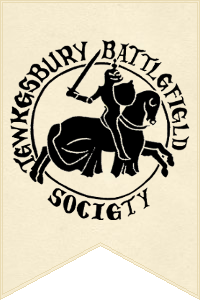March 17th 1471: Warwick’s Dilemmas
Merchants at the quayside
Since his conquest of England, not everything had gone to plan for Richard Neville. He was committed to the interests of Louis XI, to whom he was indebted and he was faced with a great deal of suspicion from his countrymen, who remembered clearly the path he had taken to get him to where he was.
King Louis wanted his pound of flesh. He was pushing hard for an English attack on the Duke of Burgundy, even offering inducements. Warwick could become a European power, as Count of Holland or Zeeland once Burgundy was subdued. Louis was relentless with his blandishments. Warwick was doing his best to fund a fleet for an invasion.
The merchants were upset. Louis’ Ambassador had brought merchants to London with 25,000 crowns worth of luxury goods, duty free, which flooded the market. Too late, Warwick banned such business. Trade with the continent had already almost ceased because of the huge uncertainty which Warwick’s arrival created, especially with Flemish and Hanseatic partners.
The Dukes of Somerset and Exeter, died-in-the-wool Lancastrians, had arrived home, slipping quietly out of the Burgundian court. They totally ignored Warwick and his government, returning to their west-country estates. Not only did they hold a lot of grudges for past enmities but they’d also given their word to the Duke of Burgundy not to support Warwick.
He was anxiously awaiting the return of Queen Margaret, who would be a focus for the Lancastrians, and free Warwick to go to support King Louis. At the end of February, he’d gone to the south coast to await her arrival, but she didn’t arrive. She’d delayed her departure on getting word that Edward’s fleet was about to leave Flanders, and she was afraid of attack. Warwick returned to London.
His, or rather King Henry’s. realm seemed secure. The Nevilles controlled the North. His brother the Marquess of Montague was at Pontefract with an army. Clarence was in the South West raising troops. The Earl of Oxford and Lord Scrope held East Anglia and the Bastard of Faucenburg’s fleet was patrolling the coast.
On 14th March the news which he’d not wanted arrived. A messenger, hot-foot from Norfolk, brought the news that Edward’s fleet had been repelled from Cromer but had sailed on to the north. Warwick left London, and King Henry, in the care of his brother George, the Chancellor, gathered as many men as he could and rode hard to his castle in Warwick.

